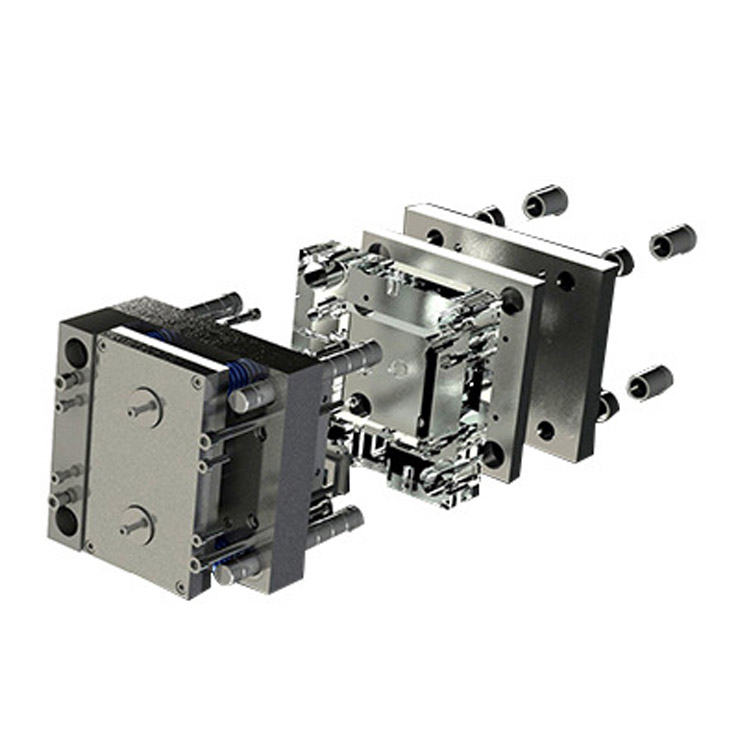What are the material requirements for plastic mold development?
There are many requirements for the materials on plastic molds. Today, we will learn about the requirements for plastic molds.
Having sufficient surface hardness and wear resistance: The general hardness of plastic molds is usually below 50-60HRC. After heat treatment, the mold should have sufficient surface hardness to ensure sufficient rigidity. During operation, molds are required to maintain their shape accuracy and dimensional stability to ensure sufficient service life due to the significant compressive stress and friction caused by the plastic filling and flowing. The wear resistance of the mold depends on the chemical composition of the steel and the hardness of the heat treatment, so increasing the hardness of the mold is beneficial for improving its wear resistance.

Excellent machinability: Most plastic molds require a certain degree of cutting and fitter repair in addition to EMD processing. To extend the service life of cutting tools, improve cutting performance, and reduce surface roughness, the hardness of plastic mold steel must be appropriate.
Good polishing performance: High quality plastic products require a small surface roughness. For example, is the surface roughness value of the injection mold cavity less than Ra0.1? At a level of 0.25, the optical surface requires Ra<0.01nm, and the cavity must be polished to reduce surface roughness values. The steel used for this purpose requires less material impurities, a fine and uniform structure, no fiber orientation, and polishing should not show pitting or orange peel like defects.
Good thermal stability: The shape of injection mold components is often complex and difficult to process after quenching. Therefore, good thermal stability should be used as much as possible. When the mold is processed and heat treated, due to the small coefficient of linear expansion, the deformation during heat treatment is small. Due to the small rate of size change, the metallographic structure and mold size are stable, which can reduce or no longer process the temperature difference, ensuring the accuracy of mold size and surface roughness requirements.
